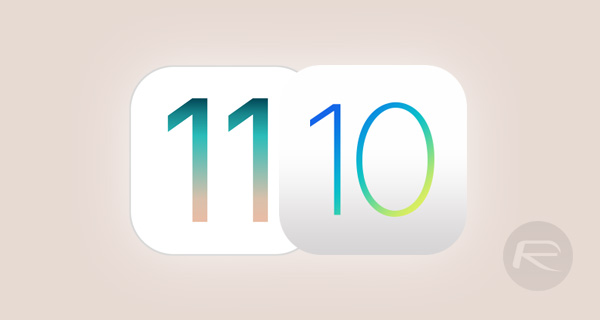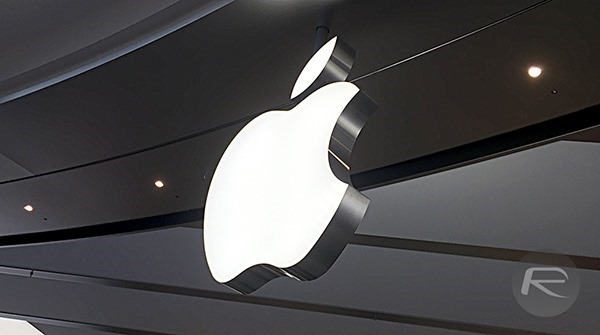Apple prides itself in the rate at which users update the software on which the iPhone and iPad run, with iOS users normally keen to ensure they have the latest and greatest version of the software installed.
That means that not only can Apple be sure that the vast majority of users are as secure as can be thanks to the security updates that are part of new updates, but it also means that developers know that a huge number of iPhones and iPads have the latest APIs available to them, making it easier to code against.

Released less than a month ago on September 19th, Apple’s iOS 11 is the latest big release to come out of Cupertino, and it is now the most used version of iOS in use. According to analytics firm Mixpanel, iOS 11 is now running on 47% of iOS devices, where iOS 10 is running on 46%. The remainder is made up of devices running iOS 9 or older versions of the software, likely either due to a specific business requirement, or someone whose device is jailbroken and does not want to update, or the device being 32-bit and no longer being supported by 64-bit-only iOS 11.
Apple’s iOS releases always find themselves in this position quickly, but the adoption of iOS 11 has undoubtedly been slower than iOS 10. It took around two weeks for iOS 10 to overtake iOS 9 following its release last year, where iOS 11 found itself at just a 38.5% adoption rate at the same point in time after its own release. Adoption has ramped up since then though, and with iPhones and iPads now largely running on the newest software available, Apple can once again be pleased with itself.

This is of course in massive contrast to the numbers posted by Android updates which can often take years to be installed on a large number of devices. With so many Android devices in the wild and a huge percentage never being updated to the latest version of Google’s mobile OS, those with Android at their heart can only dream of adoption rates anywhere near that of iOS. This has practical issues of course, with security and app compatibility a perpetual issue for users and developers alike.
You may also like to check out:
- Downgrade iOS 11 / 11.1 On iPhone Or iPad [How-To Guide]
- Icefilms FIX Kodi Addon Not Working In 2017? Here’s How To Install It The Right Way
- iOS 11.0.3 Release Notes, Changelog: Here Are All The Changes
- Download iOS 11.0.3 IPSW Links And OTA For iPhone, iPad, iPod touch Device
- How To Downgrade iOS 11.0.3 / 11 To iOS 10.3.3 / iOS 10 [Tutorial]
- Download iOS 11, 11.0.3, 11.1 Links & Install On iPhone 8, 7 Plus, 6s, 6, SE, 5s, iPad, iPod [Tutorial]
- Jailbreak iOS 11 / 11.0.3 / 11.0.2 / 11.0.1 On iPhone And iPad [Status Update]
You can follow us on Twitter, add us to your circle on Google+ or like our Facebook page to keep yourself updated on all the latest from Microsoft, Google, Apple and the Web.

